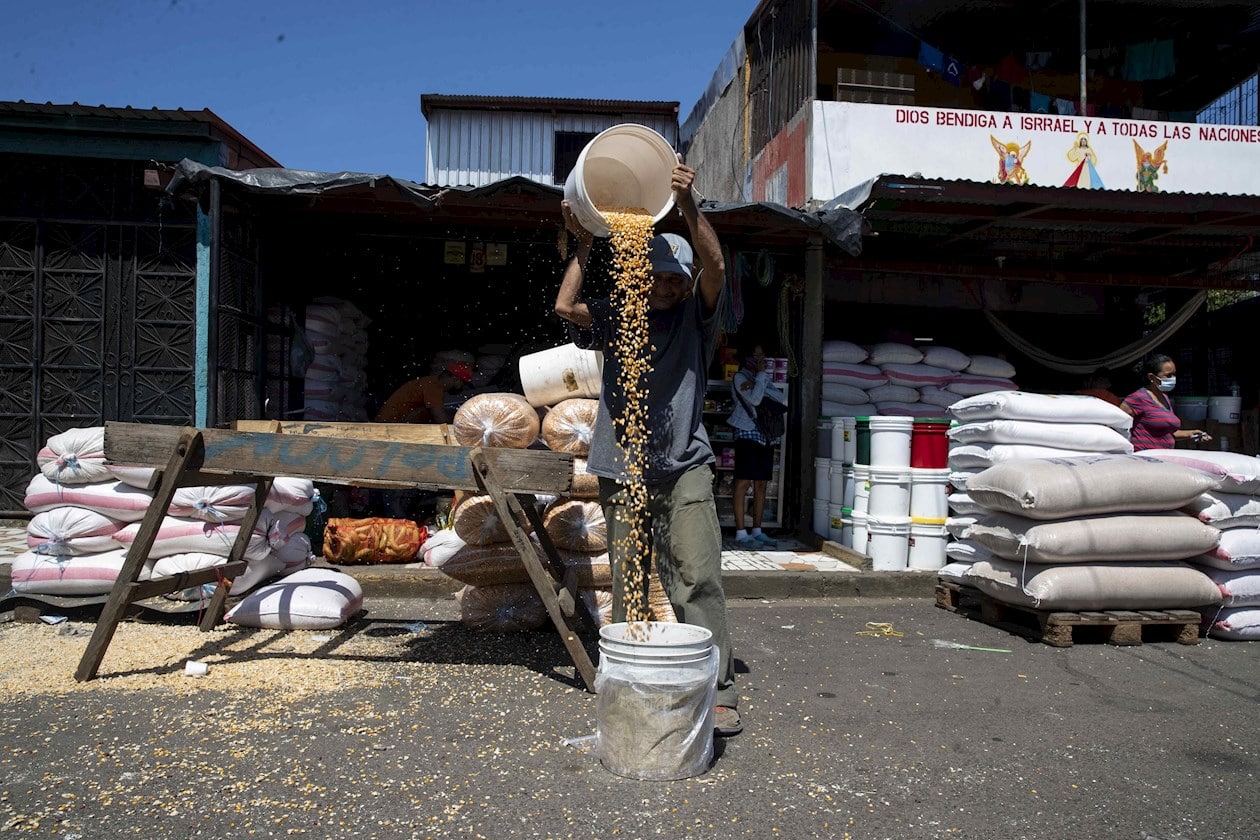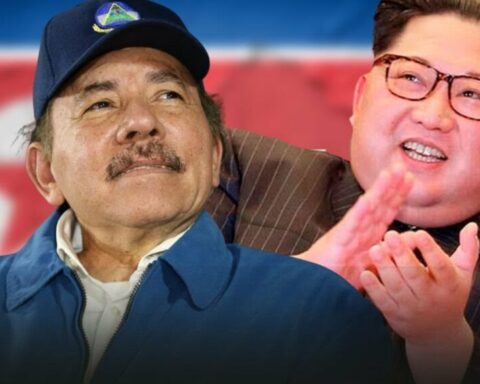The growth rate of the Nicaraguan economy will continue to slow down in 2023, despite a slight improvement in the country’s prospects for the end of 2022, says the Intelligence Unit of The Economist magazine (EIU), in its most recent report , published in October.
External factors such as the recession in the United States, at the end of 2022 and the beginning of 2023, will affect the export-oriented sectors in Nicaragua, especially the maquila industry, according to the international reference publication.
This is in addition to what the EIU describes as a “crisis arising from a period of high prices for raw materials worldwide” caused by the war between russia and ukrainewhich will generate complex economic conditions due to the high costs of inputs.
Slight improvement precedes dark economic outlook
The EIU itself acknowledges that this gray outlook for Nicaragua will be preceded by a slight improvement in the country’s estimated growth, which, according to the publication’s analysis, will improve by the end of 2022 to 3.5%. For last July, the EIU established that the growth of the country in 2022 it would be around 2.1%.
Another factor that will impact the Nicaraguan economy in the short term is the impact of the global inflation crisis on the purchasing power of Nicaraguans.
“The short-term outlook is the impact of faster inflation on wage growth; we expect real wages to fall for the fourth consecutive year in 2023, by 1.7%. Headwinds arising from the tightening of fiscal policy (in Nicaragua) are an additional cause for concern, as are increases in domestic interest rates that will raise already high borrowing costs for companies,” cites the analysis of the EIU.
“In our view, growth will remain fairly subdued over the medium term, reflecting limited access to external finance, a poor business environment and a lack of confidence in the rule of law. Consequently, we expect real GDP growth to average just under 2% per year in 2023-27,” he adds.
For the July 2022 report, growth projections of the EIU for Nicaragua were 2.4% in 2023, 2.1% in 2024, 2.0% in 2025 and 2.1% in 2026.
“Nicaragua is struggling against high consumer price inflation, which stood at 12.1% in August. We estimate that inflationary pressures will continue to be difficult to contain,” the report adds.
“The war between Russia and Ukraine is amplifying existing problems in the global supply chain, raising the local cost of a large number of agricultural and energy products and inputs. Therefore, we expect inflation to fall only slowly, so that it will average 6.8% in 2023”, he stresses.
Remittances help, but they will not solve crises
The analysis highlights that remittances will continue experiencing growth in 2023. They are even projected to grow above what the EIU called an “extraordinary increase” of more than 40% so far in 2022.
“The many Nicaraguans who left the country after the 2021 elections are likely to secure their support for their family members back home in Nicaragua. This will boost private consumption and the growth of imports,” says the report.
A survey of the specialist firm CID Gallup released this Monday, October 31 by CONFIDENTIAL, pointed out that 58% of those consulted expressed that they would emigrate from the country if they had the resources, mainly to the United States, Costa Rica, and Spain.
However, the EIU analysis determines that the weight of remittances does not mean a substantial positive effect on the future prospects of the Nicaraguan economy.
“The economy will continue to cool in 2023 due to a combination of a poor investment climate, low credit growth and declining real wages. We expect that several of these trends will persist beyond that year, resulting in lackluster annual growth.
The United States will not touch Cafta
The analysis also refers to the diplomatic and economic pressures of the international community, mainly from USAto restore democracy in Nicaragua, saying that he does not expect these to have a dissuasive effect on the regime.
“We do not expect these measures to weaken the regime’s grip on power in Nicaragua. Our baseline forecast is that the US will refrain from implementing its most powerful measures, such as Nicaragua’s exclusion from CAFTA,” the analysis notes.
“Not only would such a move be complicated from a legal perspective, but it would also impose severe economic hardship on ordinary Nicaraguans and the region in general. Furthermore, even in these circumstances, we would not expect Nicaragua’s leaders to be dissuaded from following their current course or easily ousted from power,” he underlines.
“Municipal will not be free, nor fair”
The analysis of the EIU also stops at the November 6 municipal votes In the near future, a process that, like the general elections of 2021, will be carried out without political competition, with the collaboration of “stilt” parties, without transparency and under the shadow of repression.
The EIU’s publication echoes this panorama and makes it clear that from its perspective, this voting process will not have legitimacy.
“Municipal voting will not be free or fair. the FSLN forcibly removed the mayors of five small towns from office in July; everything previously belonged to the opposition Citizens for Freedom party,” he notes.
“The mayors could have run again in November on the ballots of the ‘collaborationist’ opposition, such as the PLC, a prospect that the government could not tolerate. These latest moves add weight to our existing forecast that there will not be a truly competitive vote, as long as Mr. Ortega remains in power,” he stresses.








